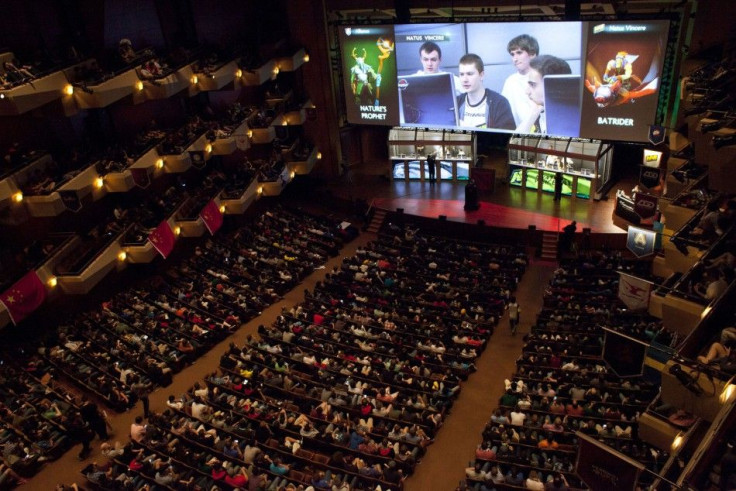Valve Breaks Silence On Steam Gift Restrictions, Cites Fraud Prevention

A lot has been brewing in terms of Steam policies over the past few months. Valve has been actively making changes to the terms and conditions pertaining to its digital distribution platform to curtail frauds, malpractices and prevent users from finding loopholes within the system. Last month, gamers had discovered a new set of restrictions on the policy of gifting games on Steam. Following wild speculation and a general sense of mistrust and disappointment from paying customers, Valve has finally thrown light on the reasons behind the decision.
According to a VG247 report, Valve had added temporal and regional restrictions applicable to activation and trading of gifts within the digital ecosystem. This restricts Steam users from redeeming games brought from certain regions down to a narrow pool of countries. The redeemed game can also only be played within the specified countries.
Earlier, users could bypass regional restrictions using VPN during product activation. This enabled users to play location-locked games in any region. VPN is an acronym for Virtual Private Network, which is a networking technique that allows gamers to hide their location details from Valve. However, the new policy discourages this behaviour and threatens with action the Steam accounts resorting to this tactic.
Additionally, time-based restrictions were added to gifts, which prevented certain games from being gifted or traded immediately. Interestingly, this policy decision was implemented retroactively, going back to gifts purchased until December 2014. Needless to say, gamers didn't take the new development well. This was especially true for those who had genuinely moved countries and found some games in their Steam library locked out as a consequence.
Now PC Gamer reports that these substantial changes to Steam gifts have been implemented to thwart fraudulent behaviour. The company broke its silence on the contentious matter in the DOTA 2 subreddit after public outcry against the rules reached a crescendo. Reddit users had expressed their discontent at the unexpected seven-day cool-down laid down by Valve for trading and gifting of DOTA 2 2015 International Compendium. It must be noted that the same restrictions apply to all other Steam gifts as well.
"Here's the problem: Bad guys buy compendiums with stolen credit cards, and then resell them to other players at a discount, which can take days to determine that the cards were stolen, and that a fraudulent item had been added to the economy," wrote a Steam spokesman on the subreddit. "We can't effectively punish the fraudsters, because they're not really traceable - they commit the fraud on new or stolen accounts, never on their own accounts."
Apparently, scammers have been purchasing games with stolen credit card details and gifting/trading them on Steam to make quick and easy money. Catching up with the scammers has been difficult as they have been using throwaway or stolen accounts. Valve had initially ignored the problem when it began in 2013 as isolated cases and chose not to restrict Steam gifts to prevent genuine users from being inconvenienced.
However, the company states that the problem quickly ballooned large enough for Valve to step in and exercise damage control. This explains the recent Steam policy changes that severely restrict the transactional privileges of new accounts and the inclusion of stronger account security features, as cited in an earlier International Business Times Australia report.
The time-based restrictions imposing a gifting/trading cooldown on newly purchased games gives Valve seven days to determine if the games have been purchased from stolen credit cards. The regional restrictions, however, are simply to prevent Steam users from purchasing games from regions where they are available cheap and selling them to users from regions where they cost much higher. The latter has raised much ire from disgruntled Steam users who haven't taken well to games being locked country-wise.
To report problems or leave feedback on this article, email: nachiketpg13@hotmail.com.
Steam Quietly Region Locks Games - The Know (Credit: The Know YouTube channel)





